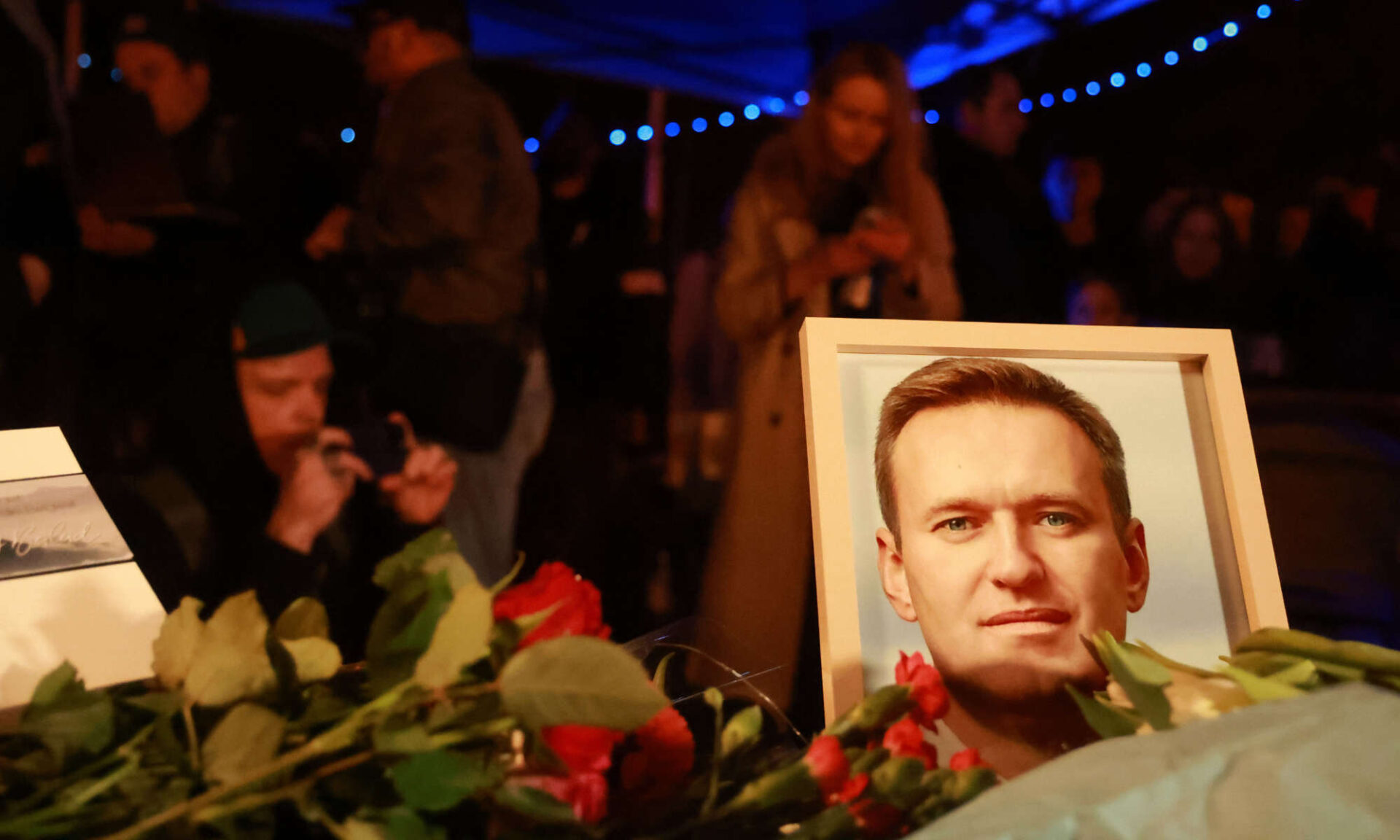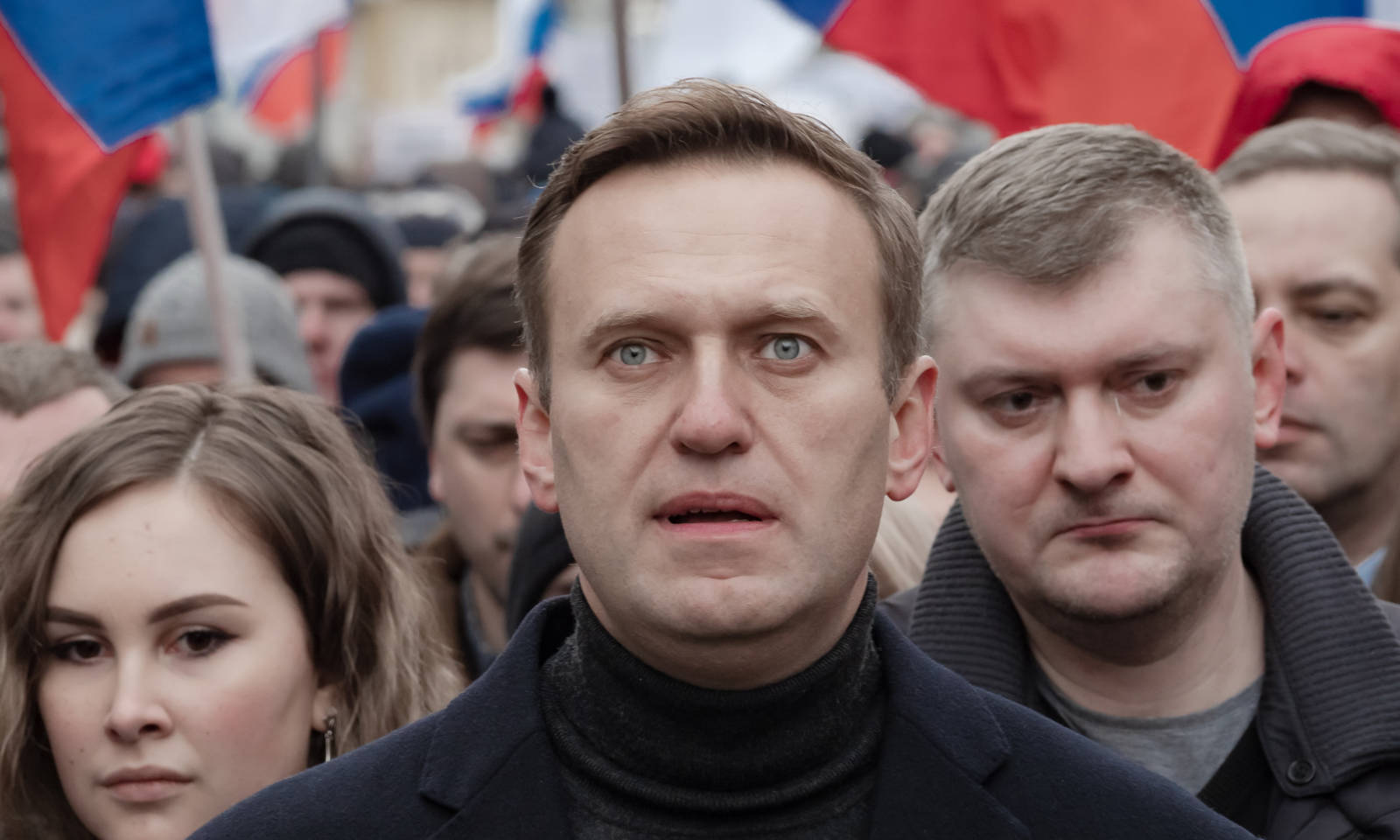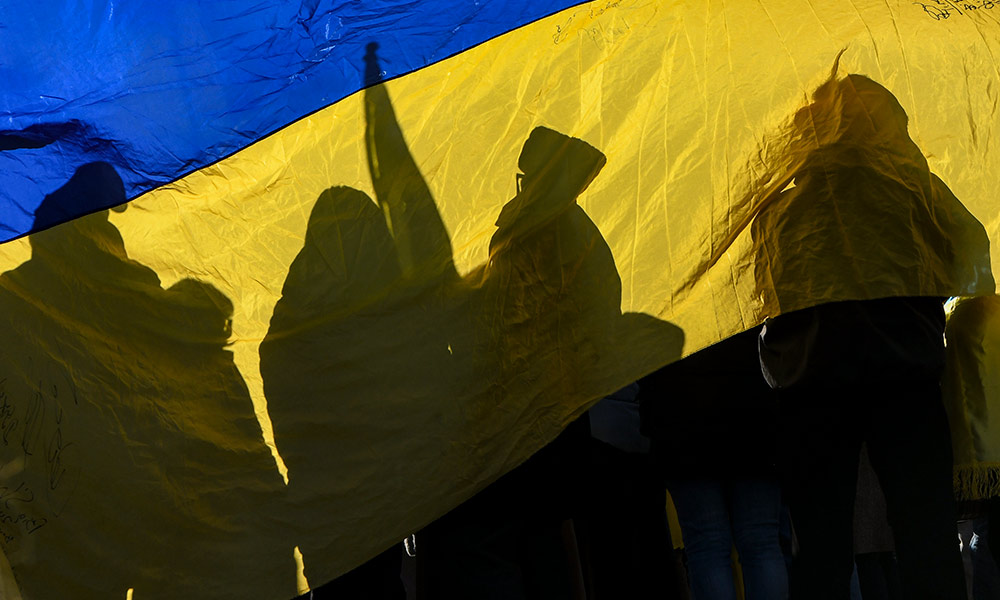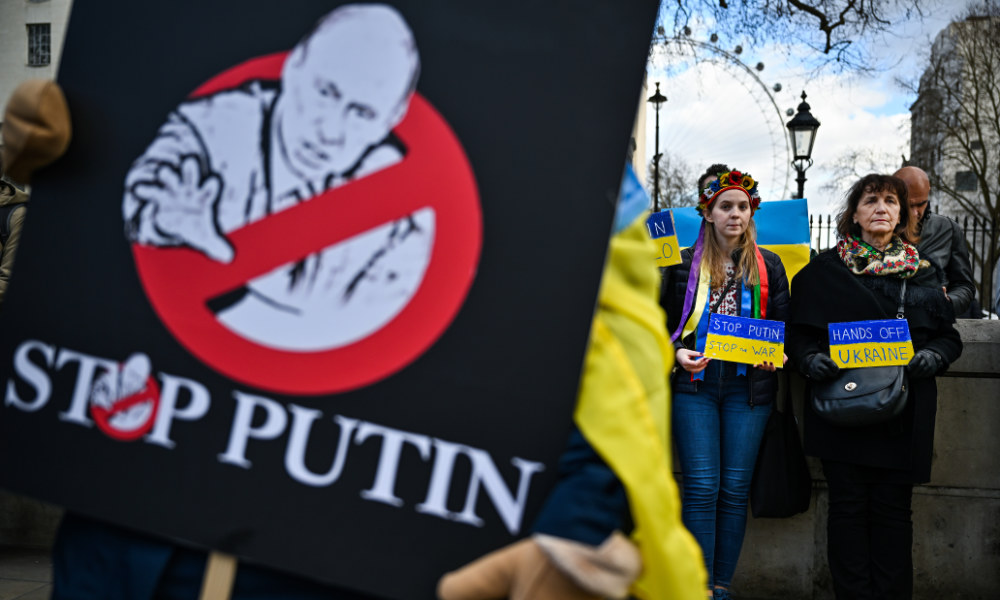Rochester experts discuss Putin’s intense fear of critics, the history of Russian and Soviet opposition movements, and what’s next for Russia’s dissidents.
Rochester voices
Listen to an episode of WXXI’s Connections with Evan Dawson as Rochester experts, including Matthew Lenoe, Randall Stone, and Scholar in Exile Dmitry Bykov, discuss the death of Russian opposition leader Alexei Navalny.
Many questions remain in the aftermath of the suspicious death of jailed opposition leader Alexei Navalny. An outspoken critic of Russian President Vladimir Putin, the 47-year-old regime critic died on February 16 in a remote penal colony in the Arctic.
“In the long term, a figure like Navalny will be remembered as a martyr and inspiration by opposition movements,” says Matthew Lenoe, an associate professor of history at the University of Rochester, who is an expert on Soviet and Russian history.
Navalny rose to prominence exposing high-level corruption within Russia’s government, garnering international attention and becoming a powerful opposition symbol, which placed him squarely in the Kremlin’s crosshairs.
“Putin is paranoid about criticism because his regime is vulnerable and he has lost much of his former popularity,” says Randall Stone, a political science professor and the director of the University’s Skalny Center for Polish and Central European Studies.
Q&A with Matthew Lenoe and Randall Stone
Why is Vladimir Putin so thin-skinned when it comes to criticism?
- Criticism and opposition are dangerous for Putin. The military may not back him if large-scale protests were to sweep the country.
Stone: Putin is paranoid about criticism because his regime is vulnerable and he has lost much of his former popularity. A number of neighboring authoritarian leaders have succumbed to mass protests—the so-called “color revolutions.” It happened in Serbia in 2000, in Georgia in 2003, in Kyrgyzstan in 2005, and it happened twice in Ukraine in 2004 and 2014. Putin faced enormous popular street protests in 2010 and 2011, and there were protests all over Russia at the outset of the war with Ukraine in 2022. The governments of Belarus and Kazakhstan, Russia’s two closest allies, were threatened by mass protests and only managed to repress them as a result of Russian intervention. Putin knows that he’s very unpopular in the large cities of Russia. The military is unlikely to back him if a major protest movement begins.
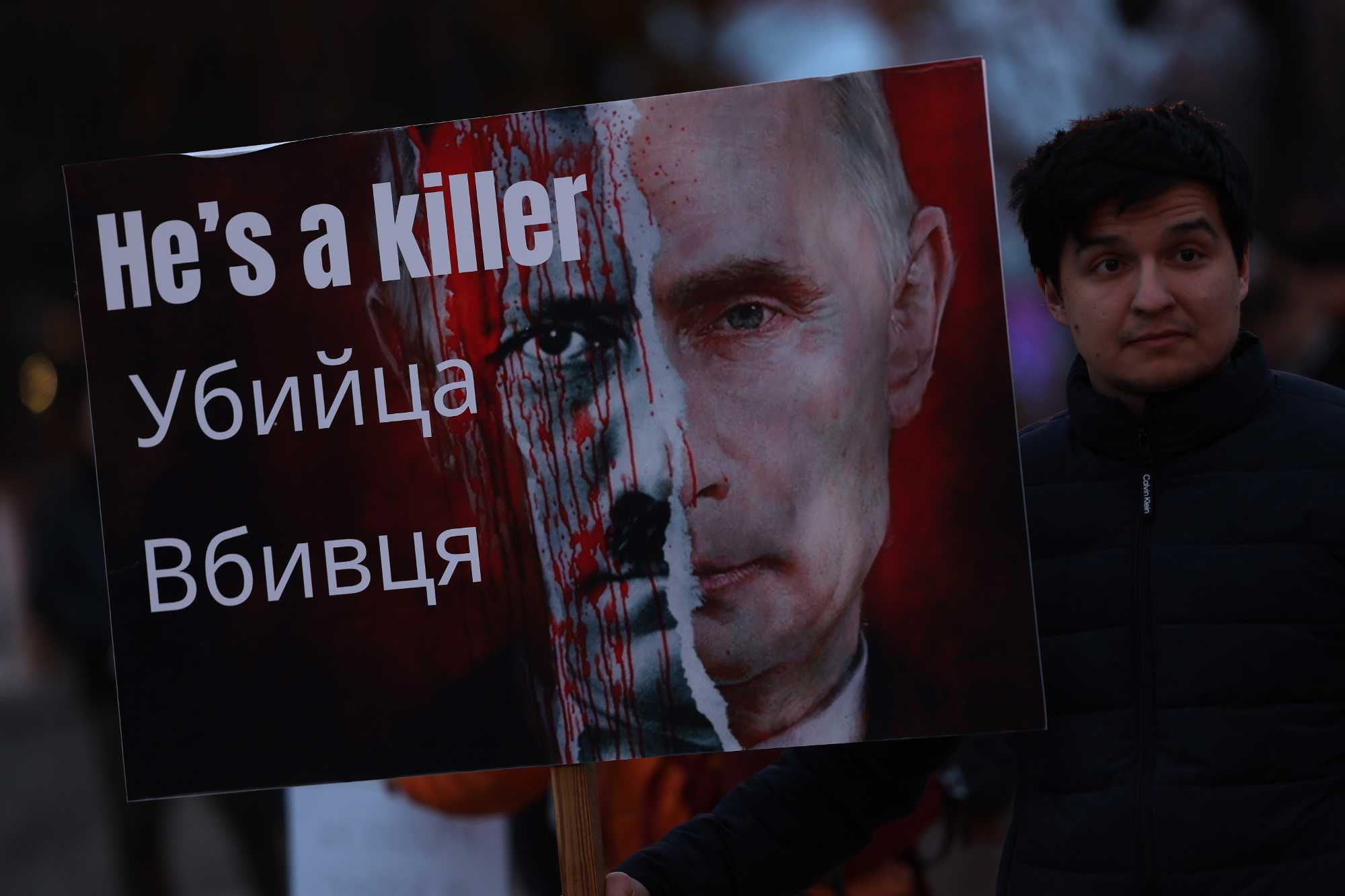
Many regime critics, not just during Putin’s years in office, have disappeared, been murdered, or had harsh prison sentences imposed. Has opposition always been futile in Russia, the former Soviet Union, or Tsarist Russia?
- Russia has a long tradition of non-violent resistance to various authoritarian regimes, dating back to Tsarist times.
Lenoe: No, it wasn’t always futile. Right now, opposition forces have little or no chance of replacing Putin, who remains popular and who has strong control of the security services and military. However, since the time of Tsar Alexander II, who ruled from 1855 to 1881, various political movements—not all of them liberal democratic—have propelled central leaders to change policy, or even to restructure society. In two cases, the collapse of the Tsarist autocracy in 1917 and the dissolution of the Soviet Union in 1991, opposition coalitions overturned the regime in power.
Stone: Russia has a long tradition of non-violent resistance to its various authoritarian regimes, dating back to Tsarist times. In the Soviet Union, famous intellectuals—including the writers Mikhail Bulgakov, Boris Pasternak, and Aleksandr Solzhenitsyn, and the composer Dmitri Shostakovich—were hounded by the KGB [the main internal security agency] because their works were critical of the regime. There was active dissemination of underground literature called samizdat in Soviet times—and being caught with it meant going to prison.
Yet dissidents refused to conform under terrible pressure. Resistance to the Soviet Union always seemed futile until Mikhail Gorbachev opened up public discussion, and suddenly anything seemed possible. When the military, police, and KGB tried to put the genie back in the bottle by carrying out a coup against Gorbachev in 1991, it was non-violent protest that caused their coup to collapse. The KGB’s elite troops, the Alpha battalion, refused to fire on the protesters in Moscow, and subsequently the Soviet Union disintegrated.
Is Putin rightly afraid that his regime could disintegrate like the Soviet Union did in 1991?
- Russia is experiencing resistance to the war in Ukraine on a scale that has rarely been seen before in history.
Stone: Yes, the same could happen to Putin’s regime. Russia is experiencing passive and non-violent resistance to the war in Ukraine on a scale that has rarely been seen before in history. About 200,000 Russian men fled the country instead of reporting for the draft in its first few weeks, compared to 30,000 Americans who fled to Canada to evade the draft during the entire Vietnam War.
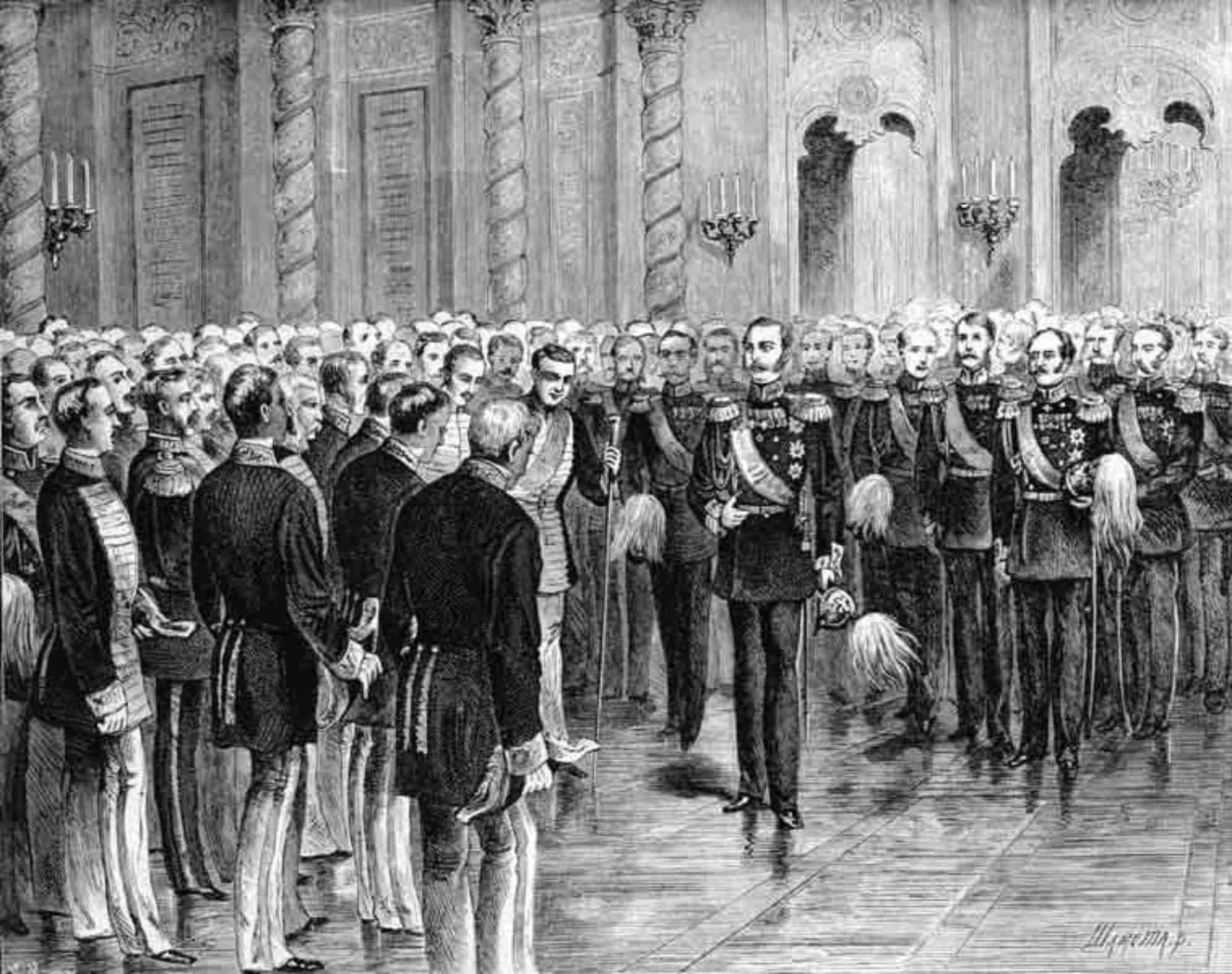
What are historic examples of opposition movements that have influenced Russian government policies?
- In the late 1980s, a loose opposition coalition pushed former Soviet leader Mikhail Gorbachev to open up society during the era of perestroika and glasnost.
Lenoe: Opposition to serfdom, from both liberal dissident intellectuals and from government bureaucrats who saw it as economically inefficient, helped convince Tsar Alexander II to abolish serfdom in 1861. After Stalin’s death in 1953, Communist reformers defeated Stalinists in the leadership, ratcheting down the levels of terror dramatically, redirecting state investment toward improving living standards, and allowing somewhat more open discussion of Soviet history, including the Great Terror of the 1930s and World War II.
In the second half of the 1980s, a loose coalition of Communist reformers, Russian nationalists, environmentalists, and opponents of the war in Afghanistan pushed Gorbachev toward opening up society during the era of perestroika (reform) and glasnost (openness).
In Russian and Soviet history, does the suspicious death or outright murder of an outspoken regime critic usually silences or galvanize opposition movements?
- Short term, terror intimidates and silences all but the most determined dissidents. Long term, a figure like Navalny will be remembered as a martyr and an inspiration.
Lenoe: In the short run, in Russia at least, terror does intimidate the opposition and silences all but the most determined dissidents. If the regime is structurally shaky—for example, if it’s under foreign threat, does not have control of the security services, or faces serious economic problems—repression may backfire, even in the short term. In the long term, a figure like Navalny will be remembered as a martyr and inspiration by opposition movements.
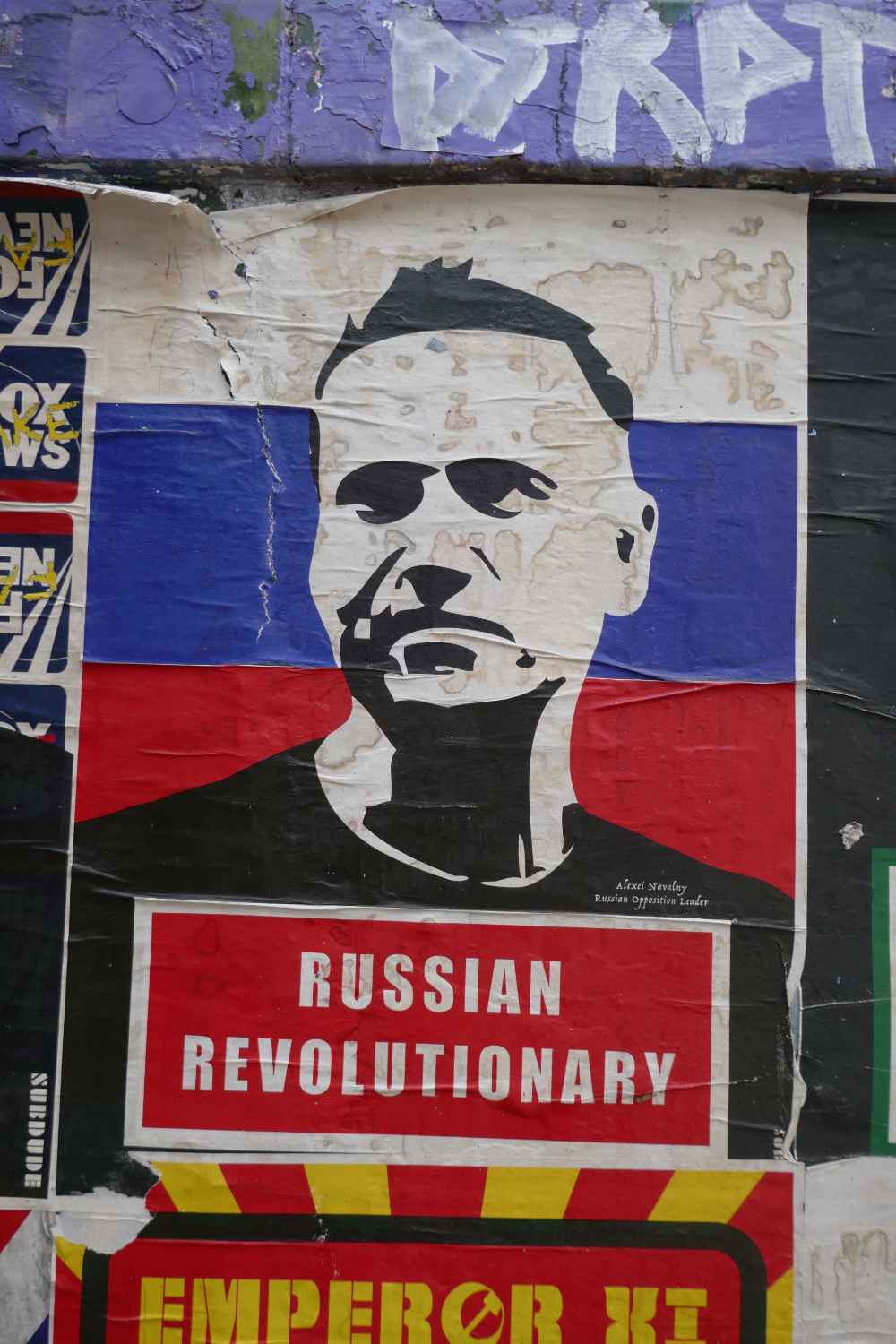
That said, it’s important to stress here that “opposition” doesn’t necessarily mean “supporting democracy.”
Stone: In 2020, Putin attempted to assassinate Navalny with the exotic nerve agent Novichok. When Navalny survived the poison and voluntarily returned to Russia, the regime tried to discredit him, then jailed him, progressively worsening the conditions under which he was held. In December of last year, they moved him to a penal colony in the Arctic, and finally caused, or allowed, him to die.
The question is why Putin allowed Navalny to live for so long in captivity when he was so ready to assassinate anyone else who opposed him. I think the most likely reason is that Navalny was an imperfect opposition leader who would be much more potent as a martyr. His act of returning to Russia was self-sacrificial, and Russia is a country full of Orthodox Christians who believe in the power of sacrificial love. A majority of Russians probably wouldn’t have voted for Navalny, even in a fair election, but by killing him the regime has granted him credibility and discredited its own moral claims. I think this will galvanize Putin’s opposition. Already Alexei’s wife, Yulia Navalnaya, is emerging as an important focal point of that opposition.
Meet your experts
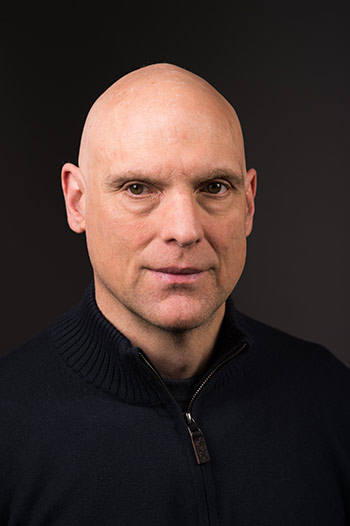
Historian Matthew Lenoe is an expert on Stalinist culture and politics, Russian and Soviet history, and the history of mass media. He is the author of Closer to the Masses: Stalinist Culture, Social Revolution, and Soviet Newspapers (Harvard University Press, 2004) and The Kirov Murder and Soviet History (Yale University Press, 2010). Lenoe is currently finishing his third book, tentatively titled Emotions, Experience, and Apocalypse in the Red Army, 1941–1942.
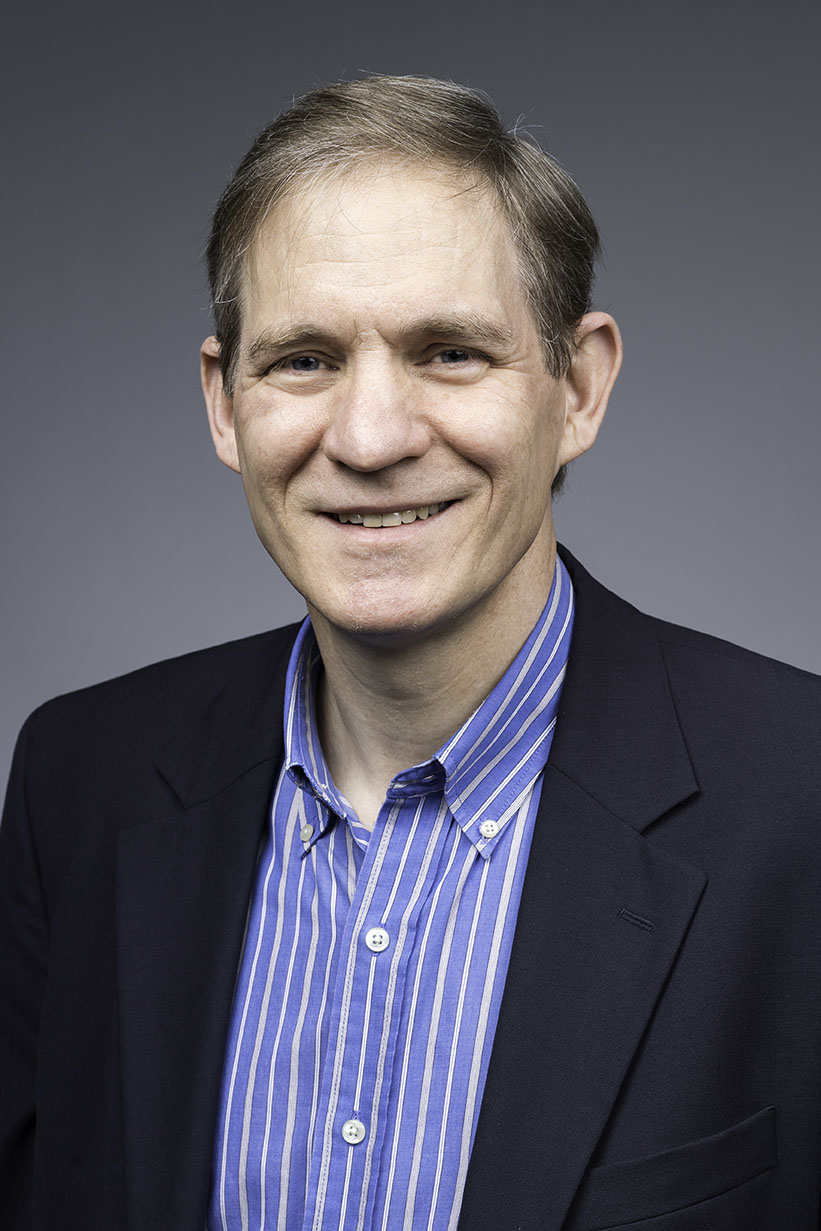
Political scientist Randall Stone, the director of the University of Rochester’s Skalny Center for Polish and Central European Studies, is an expert on international relations and has written extensively on Russia and Eastern and Central Europe. He is the author of Controlling Institutions: International Organizations and the Global Economy (Cambridge University Press, 2011), Lending Credibility: The International Monetary Fund and the Post-Communist Transition (Princeton University Press, 2002), and Satellites and Commissars: Strategy and Conflict in the Politics of Soviet-Bloc Trade (Princeton University Press, 1996).


